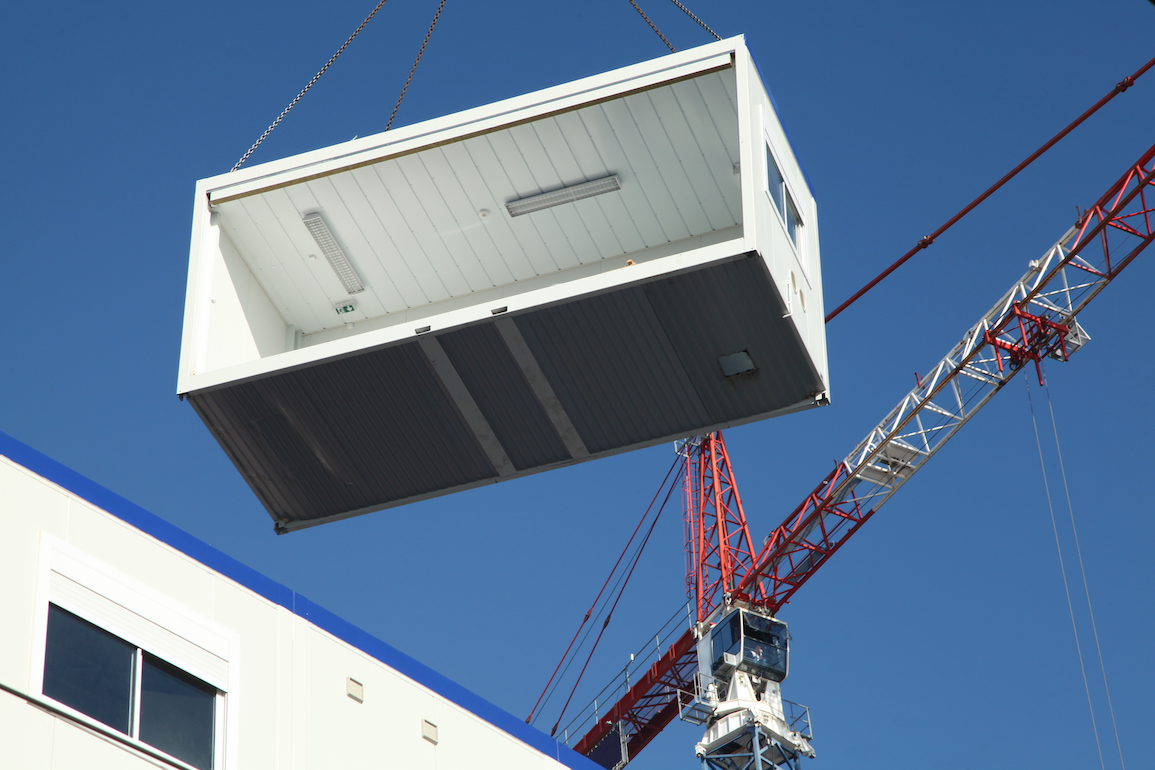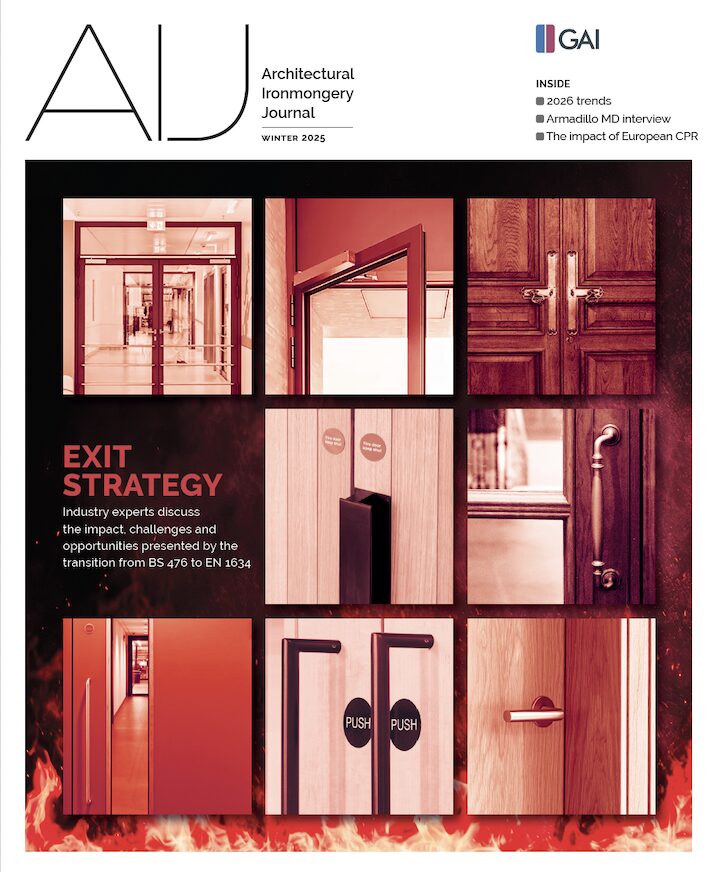
David Gray RegAI
Recognised as an emerging model in modern methods of construction (MMC), modular construction is an industry on the rise, albeit one that’s still in its infancy. In broad terms, the concept is often described as the process of constructing a building in a controlled, off-site setting, before being transported and assembled at its intended destination. At its core, modular construction shares many similarities to any construction project, where under controlled conditions, teams use the same materials and design to the same codes and standards as conventional developments. Yet, for many, modular construction provides answers to some of the industry’s most pressing issues; housing shortage, sustainability, costs.
Specifying products for MMC
As the method continues to advance, those involved in the procurement of modular components and materials must give considered thought to the supply, transportation and design process of projects to truly unlock its potential benefits.
With a constant flow of components, from structural modules right through to hardware products, decision makers must continue to factor how building materials may interact with each other upon completion of projects. Where reliability and functionality are concerned, the specification of construction products is crucial and decision makers have a responsibility to ensure all materials and products are fit for purpose throughout the entirety of modular construction developments.
The supply chain is often simplified for modular construction projects, and with various regulations to follow and an assortment of construction products to keep track of, the onus is on a smaller team of decision makers to make conscious choices that meet all of a project’s regulatory requirements. With this in mind, modern manufacturers and professional bodies are working to support professionals throughout the decision-making process.

As part of the Building Safety Bill’s regulatory framework, the Golden Thread of Information has been developed to provide more complete and detailed product information in the form of product datasheets and installation guides. The Golden Thread encourages greater collaboration and education and can provide invaluable information on product performance and testing throughout the completion of modular projects. Enhanced traceability will lead to more informed and consistent product choices, and it is imperative that decision makers remain informed if they aim to deliver complete and efficient buildings.
If the acceptance of modular construction continues to ascend, we may shortly see a shift of landscape within the construction industry. The environmental and cost saving benefits are evident. But to effectively tap into the progressive benefits modular construction has to offer, the importance of specification must be widely understood. After all, safety, functionality and reliability will always remain unremitting themes in construction, regardless of method.
David Gray is director of operations at Consort Hardware.








